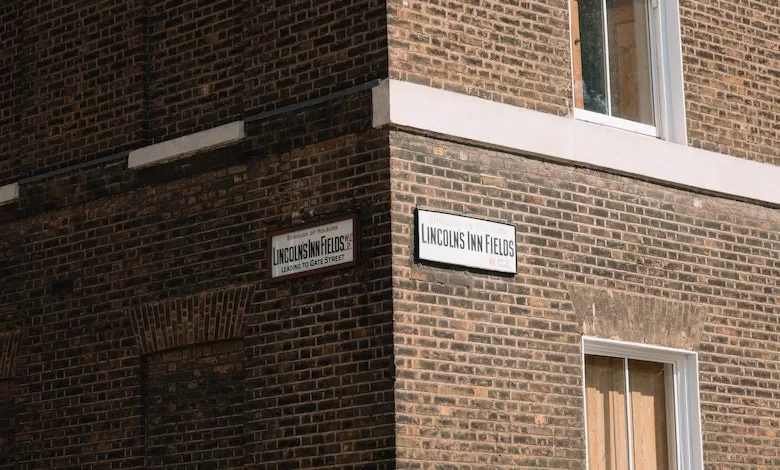Understanding Mortgages in the United Kingdom
Understanding Mortgages in the United Kingdom
Introduction
In the realm of personal finance, few decisions carry as much weight as taking out a mortgage. Whether you’re a first-time buyer or a seasoned homeowner, the intricacies of mortgages in the United Kingdom can seem daunting. This comprehensive guide aims to shed light on the key aspects of mortgages in the UK, offering valuable insights for those looking to navigate the housing market with confidence.
What is a Mortgage?
A mortgage is essentially a long-term loan specifically designed to help individuals purchase real estate. It’s a financial arrangement where a lender provides the borrower with a sum of money to buy a property, and in return, the borrower agrees to make regular payments over a specified period, typically spanning several decades.
Types of Mortgages
There are several types of mortgages available in the UK, each with its own unique features. Understanding these options is crucial when choosing the right mortgage for your needs.
1. Fixed-Rate Mortgages
Fixed-rate mortgages are among the most popular choices for UK homebuyers. These mortgages offer a stable interest rate for a set period, usually two to five years. This predictability makes budgeting easier, as your monthly payments remain constant regardless of fluctuations in the broader economy.
2. Tracker Mortgages
Tracker mortgages are linked to the Bank of England’s base rate. As this rate changes, so does the interest rate on your mortgage. While this can lead to lower initial payments when the base rate is low, it also means your payments can rise if the base rate increases.
3. Variable Rate Mortgages
Variable rate mortgages have interest rates that can fluctuate independently of the base rate. Borrowers might benefit from lower rates initially, but these can rise unexpectedly, making budgeting more challenging.
4. Interest-Only Mortgages
Interest-only mortgages require borrowers to pay only the interest on the loan for a specified period, often up to 25 years. The principal is paid off later, which can be risky if property values don’t appreciate as expected.
Applying for a Mortgage
5. Eligibility Criteria
To apply for a mortgage in the UK, you’ll need to meet certain eligibility criteria. Lenders typically consider factors such as your income, credit history, and the amount of deposit you can provide.
6. Affordability Assessment
Lenders are required to assess your ability to afford the mortgage. They’ll scrutinize your income, expenses, and financial commitments to ensure you won’t be overextended.
7. Deposit
Generally, you’ll need a **deposit** to secure a mortgage. The size of the deposit can significantly impact the interest rate you’re offered, with larger deposits often resulting in better rates.
Repaying Your Mortgage
8. Repayment Methods
Mortgages can be repaid using different methods, including capital repayment and interest-only. With capital repayment, you gradually pay off both the interest and the principal loan amount, ensuring you own the property outright at the end of the term. Interest-only payments cover only the interest, and you’ll need a separate plan to repay the principal.
9. Overpayments and Early Repayment
Many mortgage agreements allow borrowers to make **overpayments** or even repay the mortgage early without penalties. This can help reduce the total interest paid and shorten the loan term.
Mortgage Rates and Fees
10. Additional Costs
When obtaining a mortgage, it’s crucial to consider **additional costs**, including arrangement fees, valuation fees, legal fees, and stamp duty. These can significantly impact the overall cost of your mortgage.
11. Comparison Shopping
To find the best mortgage deal, it’s advisable to **compare** offers from multiple lenders. Utilize online tools and consult with mortgage brokers to identify the most competitive rates and terms.
Protecting Your Investment
12. Mortgage Insurance
Additionally, **life insurance** can be crucial to ensure your loved ones can continue to afford the property if you pass away before the mortgage is fully repaid.
Conclusion
In conclusion, understanding mortgages in the United Kingdom is pivotal when embarking on the journey of homeownership. With various types of mortgages, eligibility criteria, and repayment methods to consider, it’s essential to conduct thorough research and seek professional advice when navigating this complex financial landscape. By staying informed and making informed decisions, you can achieve your homeownership dreams while ensuring financial security for the future.
Remember, the world of mortgages is dynamic, and seeking updated information and advice is key to making the best choices in your unique financial situation. So, whether you’re a first-time buyer or a seasoned homeowner, keep the keyword “mortgage” in mind as you explore your options and secure your financial future in the UK housing market.
Read this article
